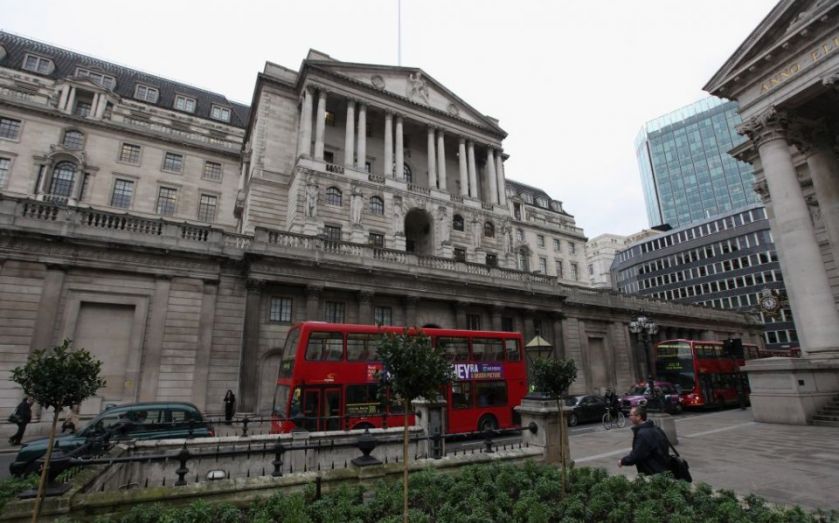Bank of England says high frequency trading helps markets

While Michael Lewis suggested high frequency trading meant markets were "rigged" in his book "Flash Boys", however a research paper by the Bank of England has found such practices actually beneficial.
High frequency trading firms use technological tools and computer algorithms to make a number of big, fast trades. Investment position may be held for seconds, or even milliseconds, as the computer makes tens of thousands of trades a day.
Threadneedle Street found high frequency trading helps markets by making pricing more accurate, as powerful computers price in, and then trade on, new information more quickly than your average investor.
"High frequency trading firms appear to be reacting simultaneously and quickly to new information as it arrives at the market place, which makes prices more efficient," the central bank said in a working paper.
"This suggests that correlated trading by high frequency trading firms does not appear to contribute to undue price pressure and price dislocations on a systematic basis in the UK equity market."
But it wasn't able to show whether high frequency trading causes or even exacerbates market meltdowns.
"This does not mean that high frequency trading activity may never cause or exacerbate any price dislocations either in the equity or other markets. To assess that, additional research with more data, covering periods of market stress, would be necessary."
The research looked at how the 20 largest stocks on the FTSE 100 traded in the four months to the end of 2012. They then compared the trades of 10 high frequency trade firms with orders placed by 10 investment banks.